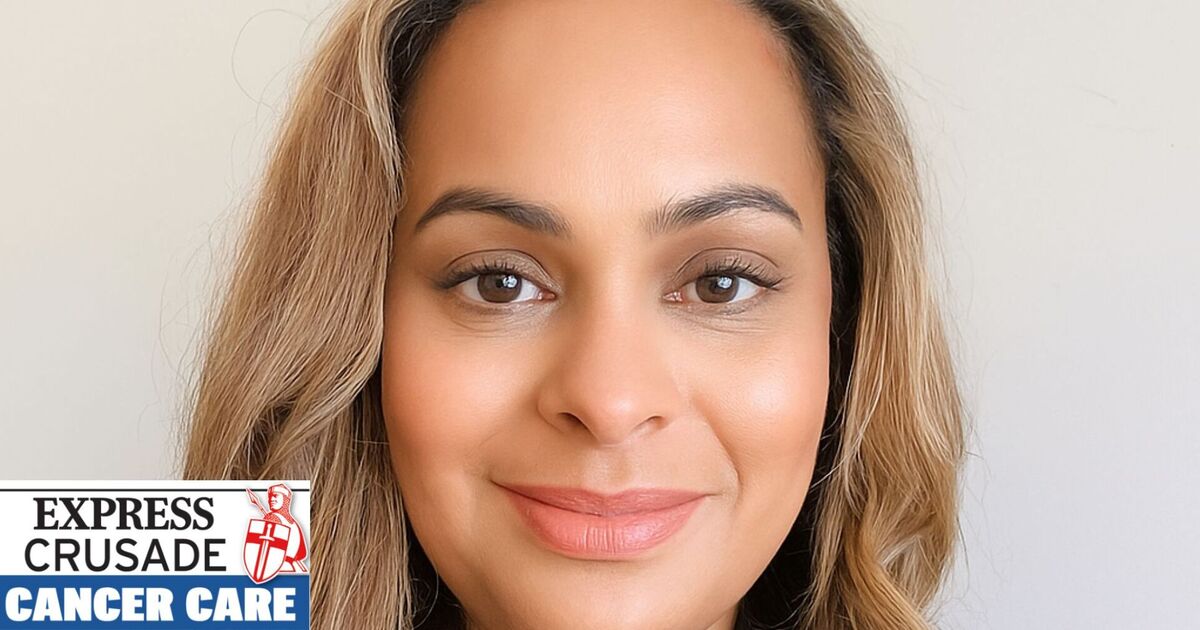There are days when being an oncologist feels like standing in that fragile space where science meets suffering, and where every decision carries both hope and heartbreak. Each consultation is a delicate balance between clinical precision and deep human emotion, moments when we are not only healers but also bearers of life-changing news. In those moments, our words shape how patients first see their new reality.
Breaking bad news never becomes easy. No amount of experience or communication training makes that pause before the truth any lighter. When I tell someone that their scan shows recurrence, or that treatment has failed, there is a quiet heaviness that settles in the room, one that lingers long after the conversation ends.
We are taught to stay calm, to be clear, and to be compassionate, but the emotional toll this takes on us is unspoken. Each story stays, each face imprinted on our psyche, quietly accumulating in the corners of our minds.
For our patients, the moment of diagnosis marks the beginning of a journey into an unfamiliar world, one they never asked to enter or ever imagined would be part of their story.
As one patient beautifully described, it feels like joining a difficult hike after missing the leader’s briefing, when you had planned a different, personally controlled expedition altogether.
Suddenly, they are thrust into a path dictated by scans, blood counts, and treatment schedules, surrounded by professionals speaking a language they are grappling to learn.
Their needs are deeply personal, often very different from our professional focus. While we concentrate on disease control, evidence-based decisions, and survival statistics, patients are grappling with fear, uncertainty, loss of control, and the redefinition of their identity.
Mental health support becomes vital not as an optional extra, but as part of holistic care, as essential as radiotherapy, chemotherapy or surgery. Yet, despite our best intentions, providing that support can be difficult within the reality of modern oncology.
Clinics are full, resources are limited, and time feels perpetually short. Psycho-oncology or counselling services are often stretched thin, with long waiting lists. In the rush to manage investigations, treatments, and follow-ups, the emotional needs of patients as well as clinicians can become overshadowed.
As a clinical lead for Oracle Voices at Oracle Head and Neck Cancer UK I advocate for better mental health provision for cancer patients. This is why I’m supporting the Daily Express’s Cancer Care campaign, to ensure cancer patients get mental health support both during and after treatment.
We see resilience in our patients daily, but we also see despair, anxiety and fatigue. We encourage them to speak up about these struggles, seek help early, and remember they are more than their diagnosis. But we rarely give ourselves the same permission.
The emotional burden of oncology, delivering bad news, witnessing suffering, and balancing hope and realism can slowly erode our own mental health.
Burnout, compassion fatigue, and emotional exhaustion are real risks. It takes conscious effort not to lose our humanity while caring for others.
Maintaining empathy while preserving one’s own wellbeing is a delicate balance, but one we must learn to protect. Peer support, reflective practice and open discussion of emotional strain should not be signs of weakness, but of professionalism. As much as our patients need compassionate care, we also need compassionate systems that care for us.
Supporting mental health in cancer care must therefore work in both directions. For patients, it means accessible psychological and emotional support embedded within oncology services, not an afterthought.
For clinicians, it means a culture where emotional resilience is nurtured, where it’s acceptable to say, “This was a hard day.” and where seeking help is encouraged. Ultimately, patients and oncologists share a common vulnerability, facing uncertainty and the limits of control.
Recognising that shared humanity can transform how we approach care. When we take time to listen, to acknowledge the emotional realities on both sides, and we restore some of the balance that cancer so often disrupts.
Ultimately, oncology is not just about prolonging life; it’s about preserving the quality of life for those we treat and ourselves. The science of what we do may continue to evolve, but the heart of it remains unchanged: connection, compassion, and the courage to care even when it hurts.
Dr Zsuzsanna Iyizoba-Ebozue is an oncologist and is clinical lead at Oracle Voices at Oracle Head and Neck Cancer UK

